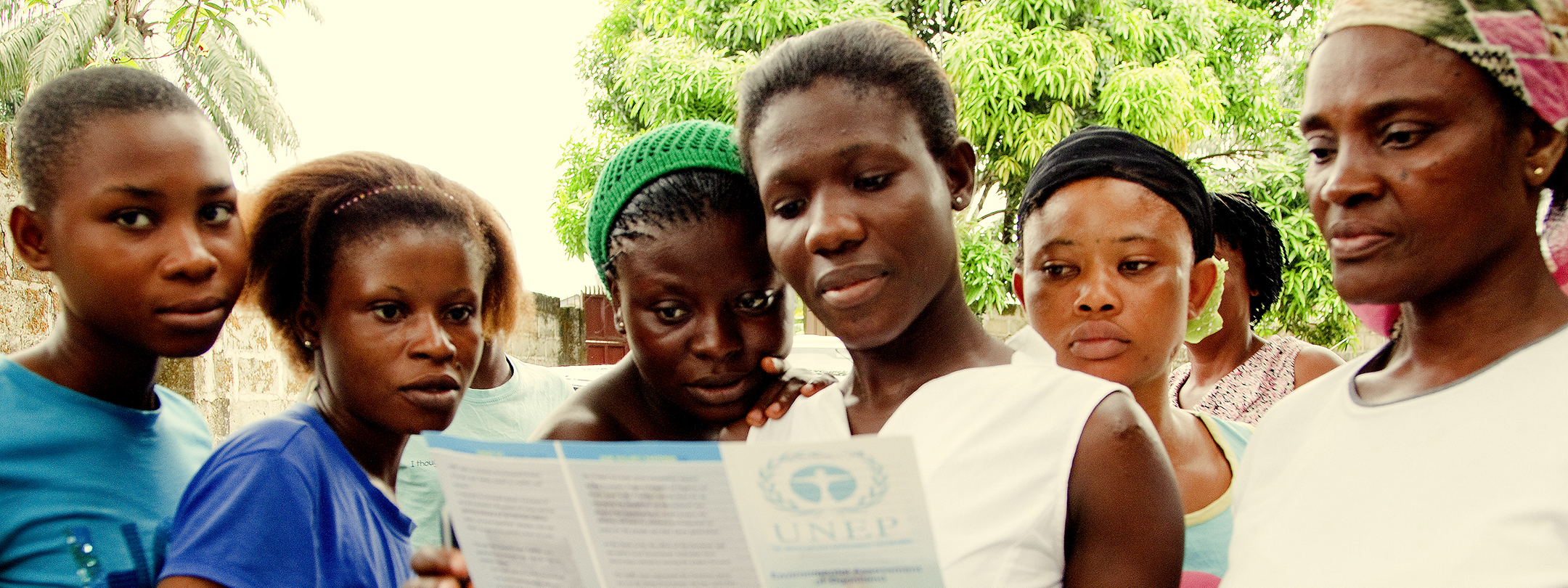Peacebuilding Without Peace? On How Pragmatism Complicates the Practice of International Intervention
Publisher: Review of International Studies
Author(s): Pol Bargués
Date: 2020
Topics: Cooperation, Governance, Monitoring and Evaluation, Programming
Countries: Bosnia and Herzegovina, Kosovo
The International Relations (IR) literature has strongly criticised the invasive and top-down nature of liberal peace, facilitating a reinterpretation of the practice of international intervention in conflict-affected societies. Today, sustaining peace policy approaches advance longer-term missions, give a secondary role to external practitioners, and increasingly accept risks and failures. What is striking is that even when these policy discourses hold out the promise of liberating peacebuilding from dominant and top-down models of liberal intervention, the mood in the field is one of despair. By drawing on John Dewey's work on pragmatism and interviewing practitioners in Bosnia and Kosovo, the article reflects on the morass practitioners find themselves, diagnoses the source of the frustrations, and anticipates the direction of sustaining peace. Pragmatism adumbrates the idea of ‘peacebuilding without peace’, encouraging practitioners to experiment, give primacy to their doings and explore this world without hope of success and dreams of otherworldliness.
